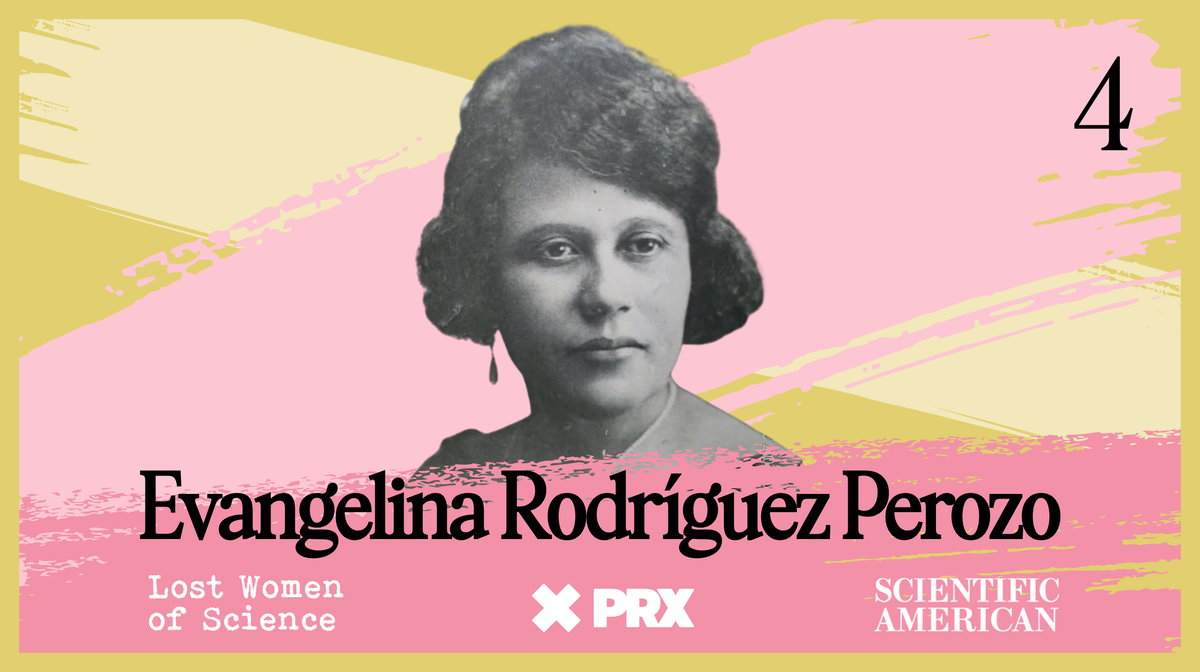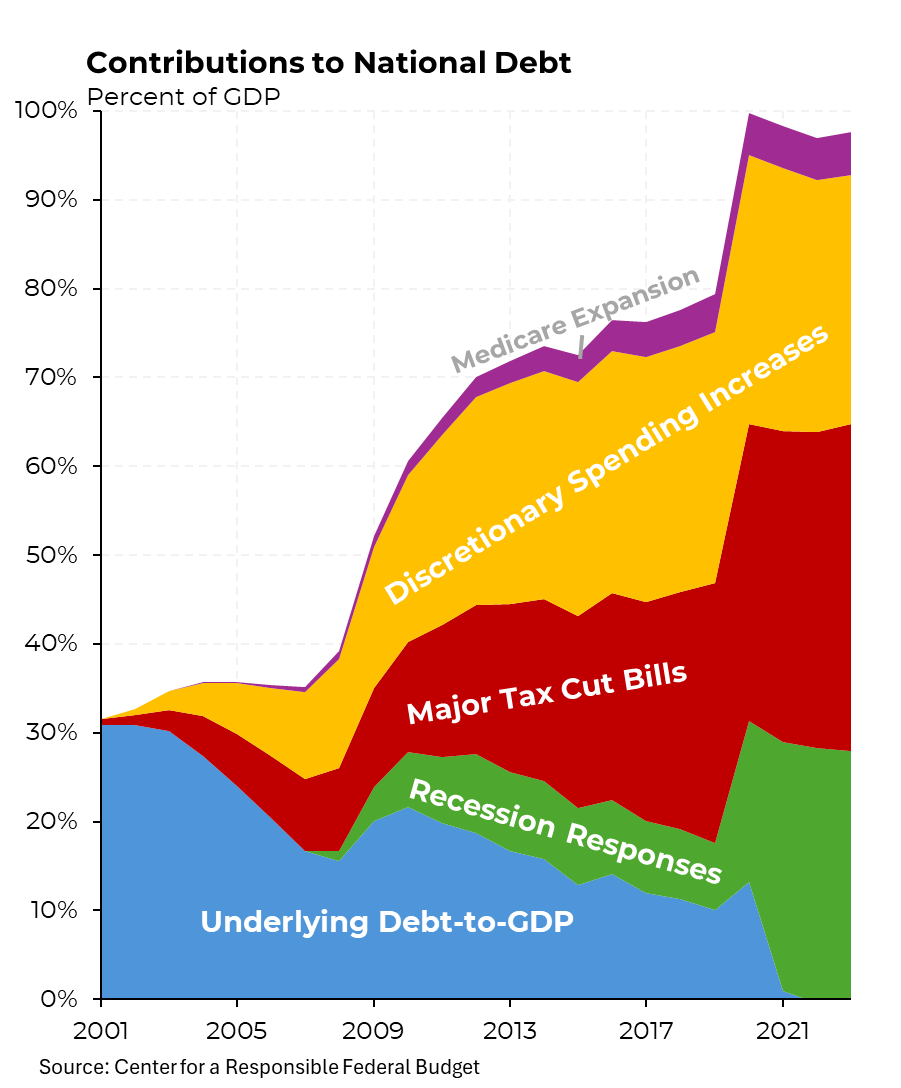The Life and Legacy of Andrea Evangelina Rodríguez Perozo: A Pioneer in Medicine Amidst a Dictatorship

Beginning in the 1930s, the life and career of Andrea Evangelina Rodríguez Perozo, recognized as the first female doctor in the Dominican Republic, came under severe threat due to the oppressive regime of the nation’s newly appointed dictator, Rafael Leónidas Trujillo.
In the year 1930, Trujillo seized power in the Dominican Republic, implementing a reign of terror that significantly altered the political and social landscape of the country. Rodríguez Perozo’s progressive ideas concerning health care and women’s rights put her in direct conflict with the regime. As she steadfastly refused to submit to Trujillo's authoritarian rule, she faced increasing isolation from her peers and the community she had once served diligently. Over time, her mental health began to decline, leading to the loss of everything she held dear.
In 1929, in the town of San Pedro de Macorís, Rodriguez Perozo was already making waves in the medical community, defying societal norms. Despite facing backlash for her radical views on family planning and her work with marginalized groups, such as sex workers and tuberculosis patients, she continued her mission. At that time, she was supervising a maternity clinic designed to support women from all walks of life and running a free milk distribution program for infants, tirelessly advocating for society's most vulnerable.
Yet, it was not long before the political landscape began to shift dramatically. In the capital, Santo Domingo, revolutionary forces were rising against the government of President Horacio Vásquez, who had extended his term unconstitutionally amid a worsening economic situation following the 1929 financial crash. As unrest grew, rebel leader Rafael Estrella easily overthrew Vásquez, aided by none other than Trujillo, who used the opportunity to position himself as a presidential candidate.
By May 1930, Trujillo had ascended to power with an astonishing 99% of the vote in an election marred by violence and intimidation. Observers note that his administration was one of the first in a series of dictatorial regimes in Central America during that era. Historian Robin Derby explains how Trujillo's early actions included the brutal elimination of dissent, as he had a rival caudillo, Desiderio Arias, murdered to demonstrate his authority.
Once in power, Trujillo engaged in establishing a personal cult of personality, insisting that Dominicans show unwavering loyalty to him. Citizens were pressured to display images of Trujillo in their homes, and those who resisted were met with severe repercussions, including job loss and imprisonment. His regime also instituted a feared secret police, known as the SIM (Servicio de Inteligencia Militar), which became notorious for abductions and public displays of violence to instill fear in the populace.
Despite the oppressive environment, Rodríguez Perozo remained resolute in her opposition to Trujillo. She refused to express allegiance to a man she viewed as a murderer and continued to advocate for healthcare initiatives, lamenting the lack of resources for the rural areas where she practiced medicine. In a bold letter to the Secretary of State for Justice, she highlighted the unmet needs of her community, a move that was both courageous and dangerous.
As resistance to Trujillo intensified, Rodríguez Perozo's outspokenness made her a target. In 1933, at a medical congress in Santo Domingo, she notably failed to thank Trujillo during her acceptance speech for an honorable mention, which likely placed her on his radar. Subsequently, she was barred from participating in future congresses, marking the beginning of her public ostracism.
After being denied entry to a medical conference in 1935, Rodríguez Perozo returned to her host’s home in a distressed state, exhibiting early signs of severe mental health issues, including hallucinations. Her adopted daughter, Selisette, recalls this period as the beginning of her mother's tragic descent into mental illness, exacerbated by her rejection from the medical community.
As the regime continued its hostility towards her, Rodríguez Perozo found herself increasingly isolated. Patients began to abandon her practice, leading to the closure of La Casa Amarilla, her beloved maternity clinic. This string of personal and professional losses deepened her mental health struggles. Reports indicate that she began neglecting her personal appearance, further isolating herself from society.
Eventually, Rodríguez Perozo relocated to a village named Pedro Sánchez, living with a distant half-brother, where her situation became increasingly dire. For nearly a decade, her whereabouts and activities remained largely undocumented. However, it is reported that she began to wander the countryside, giving away food she received from sympathetic locals to others in need.
The plight of Rodríguez Perozo took a dark turn in 1946 when she was mistakenly linked to a strike organized by sugar workers protesting their harsh working conditions. Trujillo’s brutal response to the strike included a crackdown on perceived enemies, leading to widespread arrests, including that of Rodríguez Perozo. She was imprisoned, tortured, and later found abandoned on a desolate road.
The trauma she experienced during her brief imprisonment precipitated a decline in her health, and on January 11, 1947, she was discovered dead at the age of 68, with her death attributed to starvation. The tragic end of her life highlights the cruel reality faced by many under Trujillo's regime and raises questions about the erasure of her contributions to Dominican society.
Today, despite the erasure of her legacy during Trujillo’s rule, efforts continue to revive the memory of Andrea Evangelina Rodríguez Perozo. Her story serves as a poignant reminder of the sacrifices made by those who stood against tyranny and the importance of recognizing the often-overlooked contributions of women in history. The upcoming final episode of the series aims to explore how Dominicans are working to keep her memory alive, ensuring that her remarkable story is not lost to time.



























